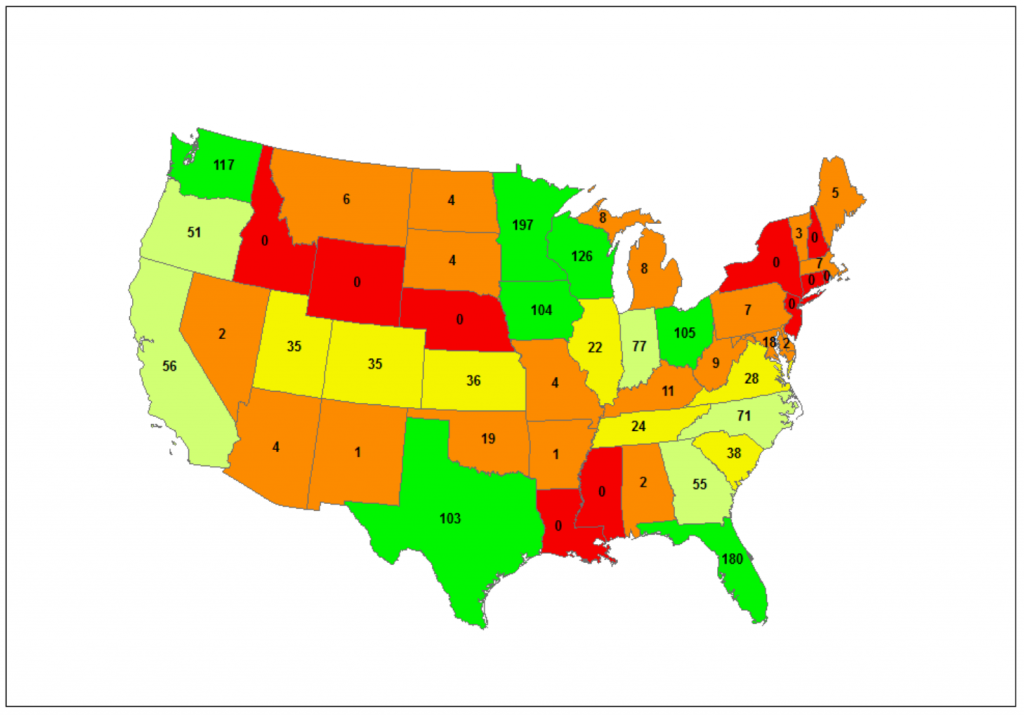Earlier this summer, New London became the first municipality in Connecticut to establish a stormwater utility which goes into effect January 1, 2019. This means they will begin charging all property owners a fee for their contribution to the city’s stormwater runoff. Previously, New London relied on property taxes to fund maintenance of their stormwater infrastructure which includes all the storm drains and underground pipes that carry runoff from buildings, streets, and parking lots into nearby waterbodies. This model has left much of the city’s stormwater management efforts significantly underfunded. By charging stormwater fees, New London, a small city with many tax-exempt properties, is securing a dedicated funding source to pay for maintaining their stormwater infrastructure and complying with other management efforts, like public outreach, removing illegal discharges from the stormwater system and sampling stormwater discharge for pollutants.
New London may be the only stormwater utility in Connecticut but not in New England. According to a 2016 survey of U.S. stormwater utilities by Western Kentucky University, 3 New England states were home to established stormwater utilities: Maine (5), Vermont (3), and Massachusetts (7). But outside our region, these utilities have become much more common. Overall, the U.S. had nearly 1,600 stormwater utilities led by Florida, Iowa, Minnesota, Ohio, Texas, Washington, and Wisconsin each having more than 100 a piece. Clearly, there are many states (including some with reputations of having less stringent regulatory environments than CT) that have already embraced stormwater utilities as a practical way to pay for strong municipal stormwater management programs.
